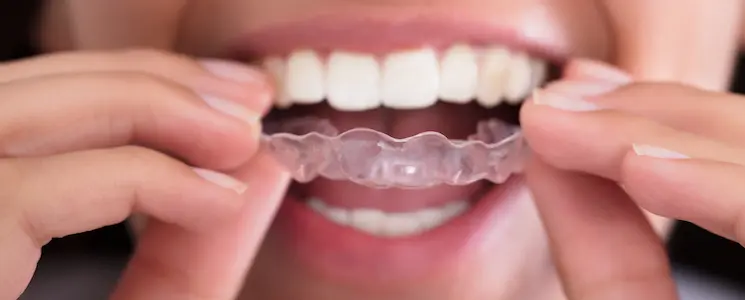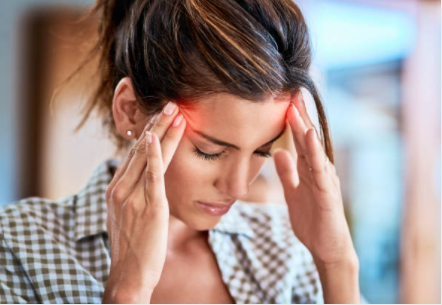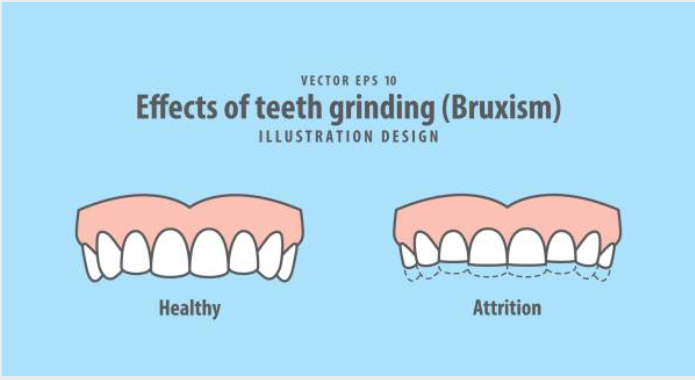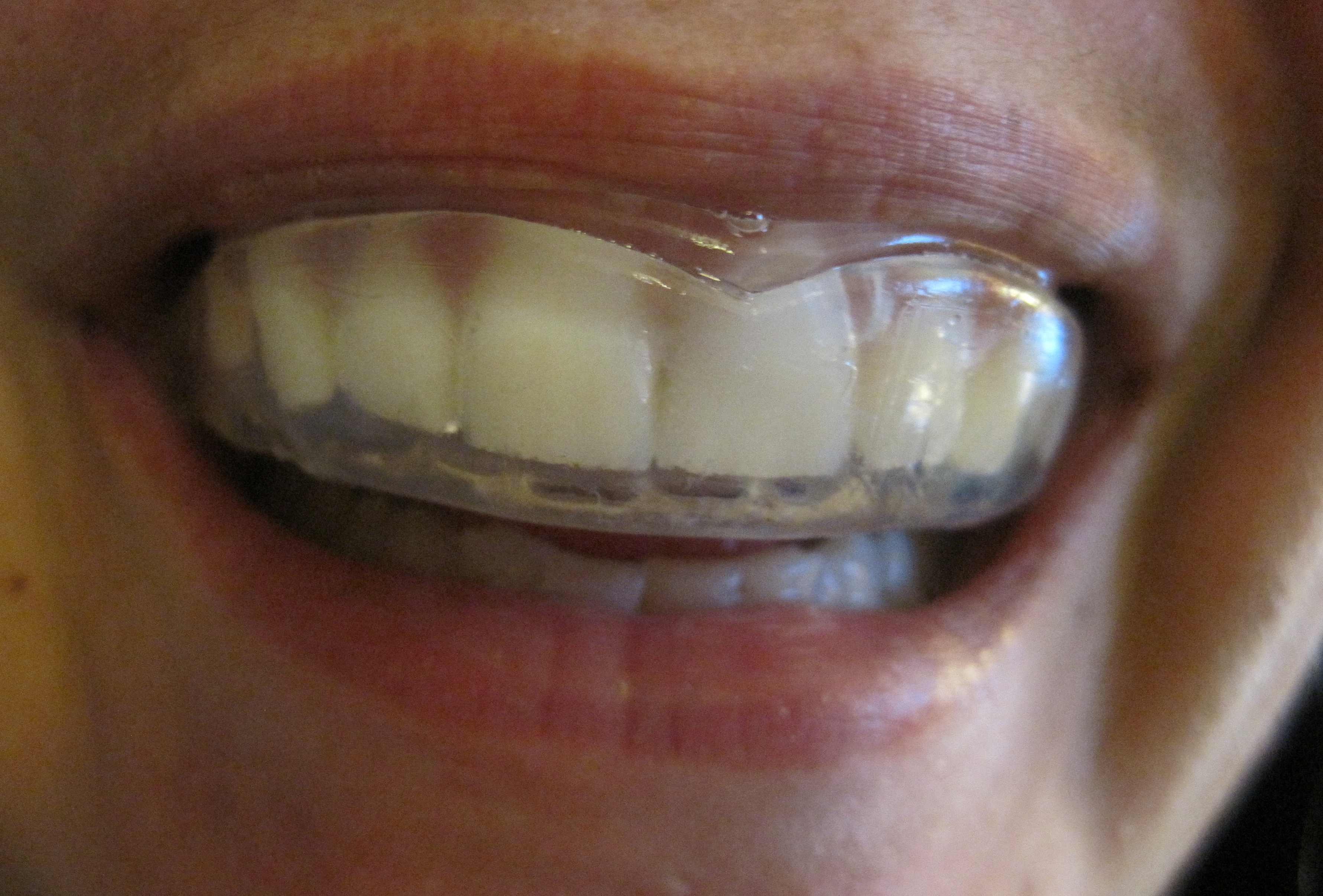SHARES

Bruxism is an unconscious movement disorder and its indication is excessive clenching and/or grinding of the teeth.
What causes Bruxism?
Bruxism is commonly related to stress or anxiety. Patients who are highly stressed or anxious may subconsciously grind their teeth throughout the day. Teeth grinding usually occurs during sleep. There is also a link to obstructive sleep apnea (cessation of breathing during sleep due to airway collapse).
Most people with this diagnosis are unaware they are grinding or clenching as it often occurs during sleep (nocturnal or sleep bruxism). It may also happen during the day (diurnal bruxism).
Bruxism affects more than 30% of the population and the trend is on the rise.
How do I know if I have it?
Generally, self-diagnosing bruxism is not easy. You may experience vague aching in your teeth or even sensitivity to cold. Usually, these symptoms affect more than one tooth.
For instance, your jaw muscles may be stiff or sore and you may also experience headaches around the temple region or even migraines. It often peaks when you are most stressed or anxious. Your dentist will be able to diagnose bruxism with a detailed interview and a clinical examination of your mouth. X-rays are required to exclude other dental causes of pain (toothache, an open cavity etc).
How does it affect me?
The most common symptoms are recurrent headache (especially upon waking from sleep), neck stiffness, difficulty opening your mouth, difficulty chewing, sensitive teeth.
Effects of bruxism
This diagnosis can cause early loss and damage to teeth if not treated properly as the enamel wears and exposes sensitive dentine. It can predispose your teeth to cracking. Severely cracked teeth may need to be extracted when the crack has travelled down the root.
How does your Dentist treat it?
There is no cure for bruxism, the treatment is management of the condition. If detected early, and in the absence of other diseases, a custom-made nightguard is prescribed. The night guard relieves pain by unloading the jaw joint – known as the TMJ (temporomandibular joint) – and reducing muscular hyperactivity. Studies have shown that a correctly made night guard effectively reduces jaw muscle tension and reduces migraine attacks by up to 75%.
For acute painful episodes, mild over-the-counter painkillers (such as paracetamol or ibuprofen) may be prescribed to reduce the inflammation and pain in the jaw joints and muscles. Most acute episodes are self-limiting and can treat with rest, a soft diet and hot compresses. Once the pain has reduced, you may be prescribed a regimen of stretching to regain the range of movement in the jaw.
Further Reading: Afraid of your Dentist? No Fear, Help is here: Ask your Dentist
This article is contributed by Elite Dental Group
For More Information, contact Elite Dental Group
—————————————————————————————————————————
If you need to consult a dental surgeon:
Find, Call or Book an appointment with a Dental Surgeon in Malaysia, on GetDoc
Find, Call or book an appointment with a Dental Surgeon in Singapore, on GetDoc
Disclaimer
Important: The authors, reviewers, and editors of GetDocSays have made extensive and reasonable efforts to ensure that medical information is accurate and conform to the standards of the publication. They reflect the opinions and views of the contributors and not the publisher.
The information on this site is not professional advice nor is it to replace personal consultation with a physician, dentist, pharmacist, or other health care professional. The reader should not disregard medical advice or delay seeking it because of information published here.
Tags
by Jemima Joseph
Using words to create communities. Intrinsically passionate about people, music, and the arts. View all articles by Jemima Joseph.









